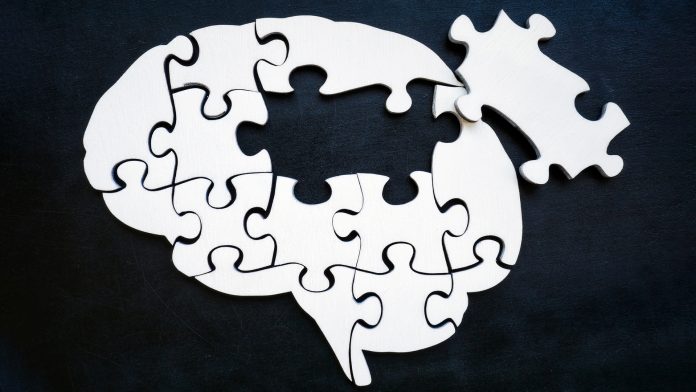
A team of US researchers has potentially identified a promising method for mitigating vascular dementia memory loss, a primary symptom of the disease.
Scientists from LSU Health New Orleans utilised a mouse model of vascular cognitive impairment (VCI) to perform their study, finding that employing repetitive exposure to environmental hypoxia – air that has a lower-than-normal oxygen content – reduced memory loss from vascular dementia. Interestingly, the team ascertained that offspring could inherit this protection against dementia, illuminating the broad effects of hypoxia treatment.
Jeff Gidday, PhD, Professor of Ophthalmology, Biochemistry, Neuroscience, and Physiology and the leader of the study, commented: “As with Alzheimer’s, the molecular mechanisms that cause vascular dementia are complex, and efficacious therapies are still lacking.”
The research is published in Alzheimer’s & Dementia: The Journal of the Alzheimer’s Association.
Prevalence of vascular dementia memory loss
Data demonstrates that vascular cognitive impairment is the second leading cause of dementia, with the National Institutes of Health stating that it is triggered by a myriad of conditions that disrupt the flow of blood and oxygen supply to the brain, which results in damage to the brain’s blood vessels. These conditions can include previous strokes that can be small and have no apparent symptoms.
Furthermore, additional abnormalities in the brains of individuals with vascular dementia include diseased small blood vessels and changes in ‘white matter”, which are essentially the connecting wires of the brain that are paramount for transporting messages between different regions of the brain.
Implementing environmental hypoxia
To conduct their research, the team administered a physiologic stimulus to the mouse models – environmental hypoxia – for one hour daily for three times per week over a period of two consecutive months. The results demonstrated that the treatment prevented vascular dementia memory loss and reversed impairments in nerve-to-nerve communication in the hippocampus – a vital brain region involved in memory consolidation.
Additionally, the team also observed that environmental hypoxia had the same effects on vascular dementia memory loss in the adult offspring of a separate group of mice exposed to the treatment prior to mating, signifying an inter-generational epigenetic response. Furthermore, the study illuminated that their “adaptive epigenetics” treatment safeguarded the mice from losing white matter, another human-like feature of the dementia model.
Dr Gidday said: “These results demonstrate that epigenetic therapies may hold promise for preventing memory loss and other manifestations of dementia, and that, remarkably, the disease resilience so induced by these therapies may also be heritable by first-generation offspring.”









